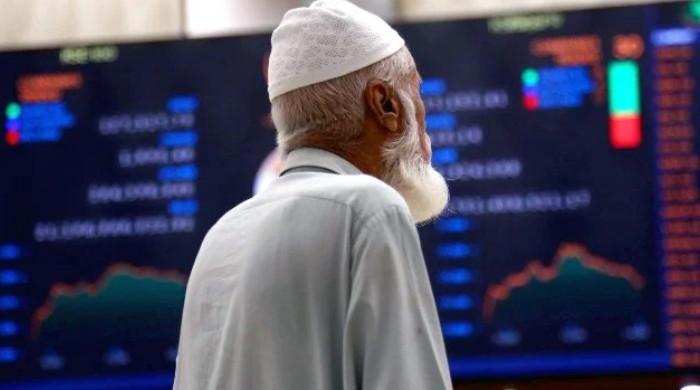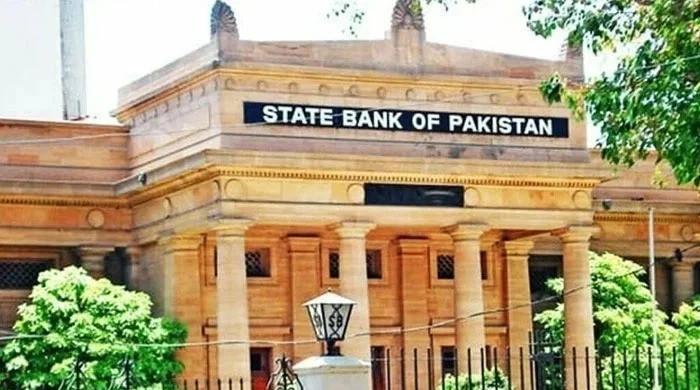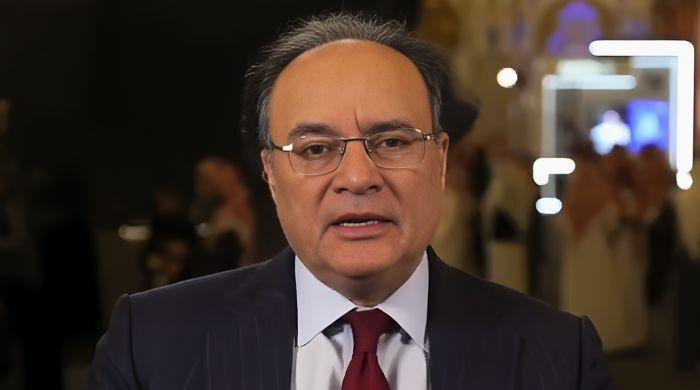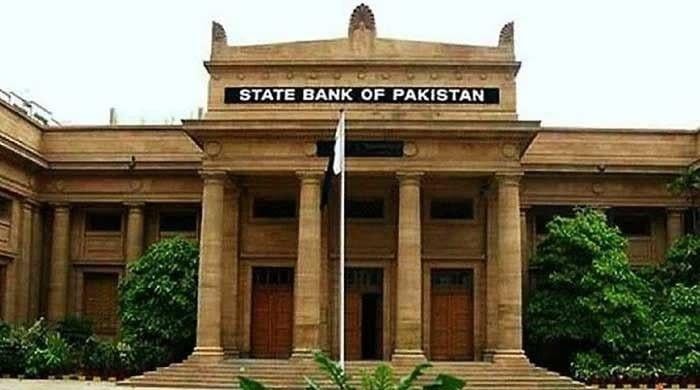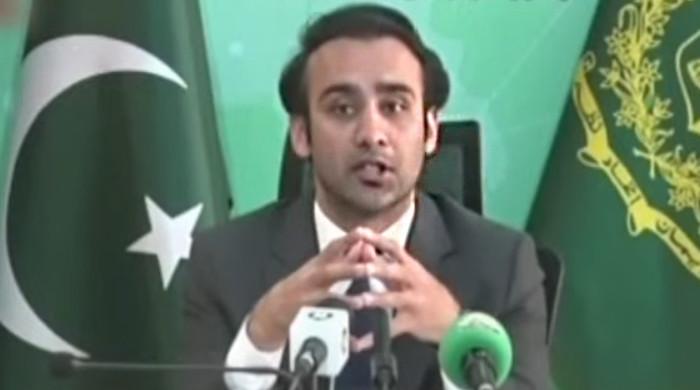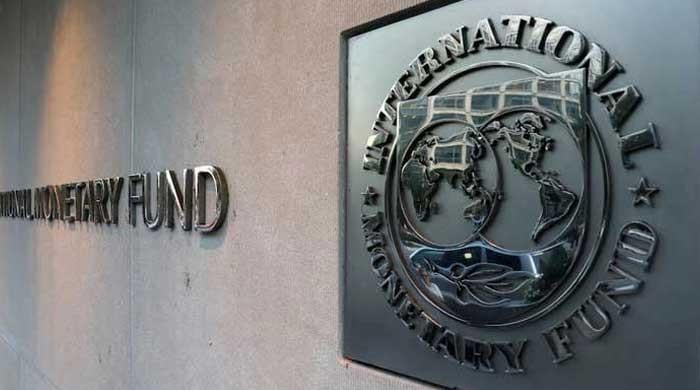Foreign investment in T-bills stands at $1.32 billion: SBP
Foreign investors have sold T-bills worth $2.11 billion year-to-date — April 1.
April 02, 2020
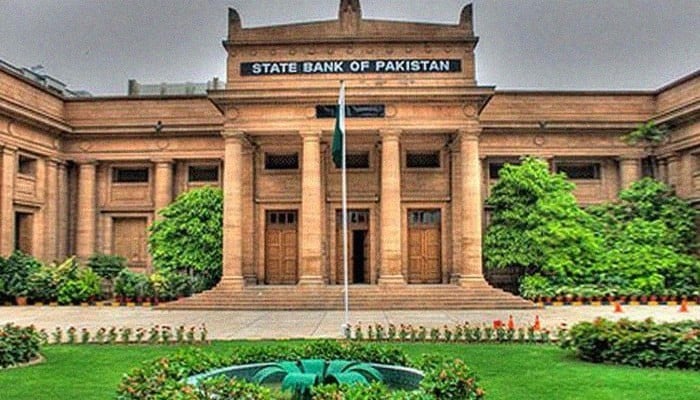
KARACHI: The State Bank of Pakistan (SBP) said Thursday foreign investment in the Treasury bills has hit $1.32 billion.
According to a statement by the SBP, foreign investors have sold T-bills worth $2.11 billion year-to-date — April 1.
In the same time period, foreign investors have bought $3.43 billion worth of T-bills.
The central bank has been quite active recently owing to the ongoing COVID-19 crisis, having slashed the policy rate to 11% late last month. It also announced relaxations in terms to obtain loans, reduction in cheque-clearing time, and measures to facilitate the virus-hit economy.
On March 18, it had introduced new measures, including a "Temporary Economic Refinance Facility (TERF)" and a "Refinance Facility for Combating COVID–19 (RFCC)" — both accompanied with their Shariah-compliant versions.
The TERF, according to the central bank, targeted stimulating new investment in manufacturing, whereas the RFCC was aimed at providing support to hospitals and medical facilities in fighting the coronavirus pandemic.
Read more: SBP introduces measures to facilitate coronavirus-hit economy
On March 24, it had announced a second rate cut amid the "considerable uncertainty" over the impact of the coronavirus pandemic. The move, it had added, was aimed "to facilitate businesses and exporters who seek loans frequently from commercial banks to run their businesses".
Businesspeople, however, remained disappointed after having time and again pushed for cuts of 300-500 bps and met the central bank's boss, former IMF official Reza Baqir, to present their proposals.
Take a look: Pakistani industrialists irked by SBP's stubbornness over policy rate
Two days later, it had relaxed the conditions to obtain loans, as well as those on the existing ones to help people "manage their finances through this temporary phase of disruption amid COVID-19".
Then, on March 28, it announced that it was reducing the time to clear cheques to limit person-to-person interaction, noting that according to the new instructions the payee (depositer) could now deposit the cheque directly into the drawee's bank instead of their own branch.




